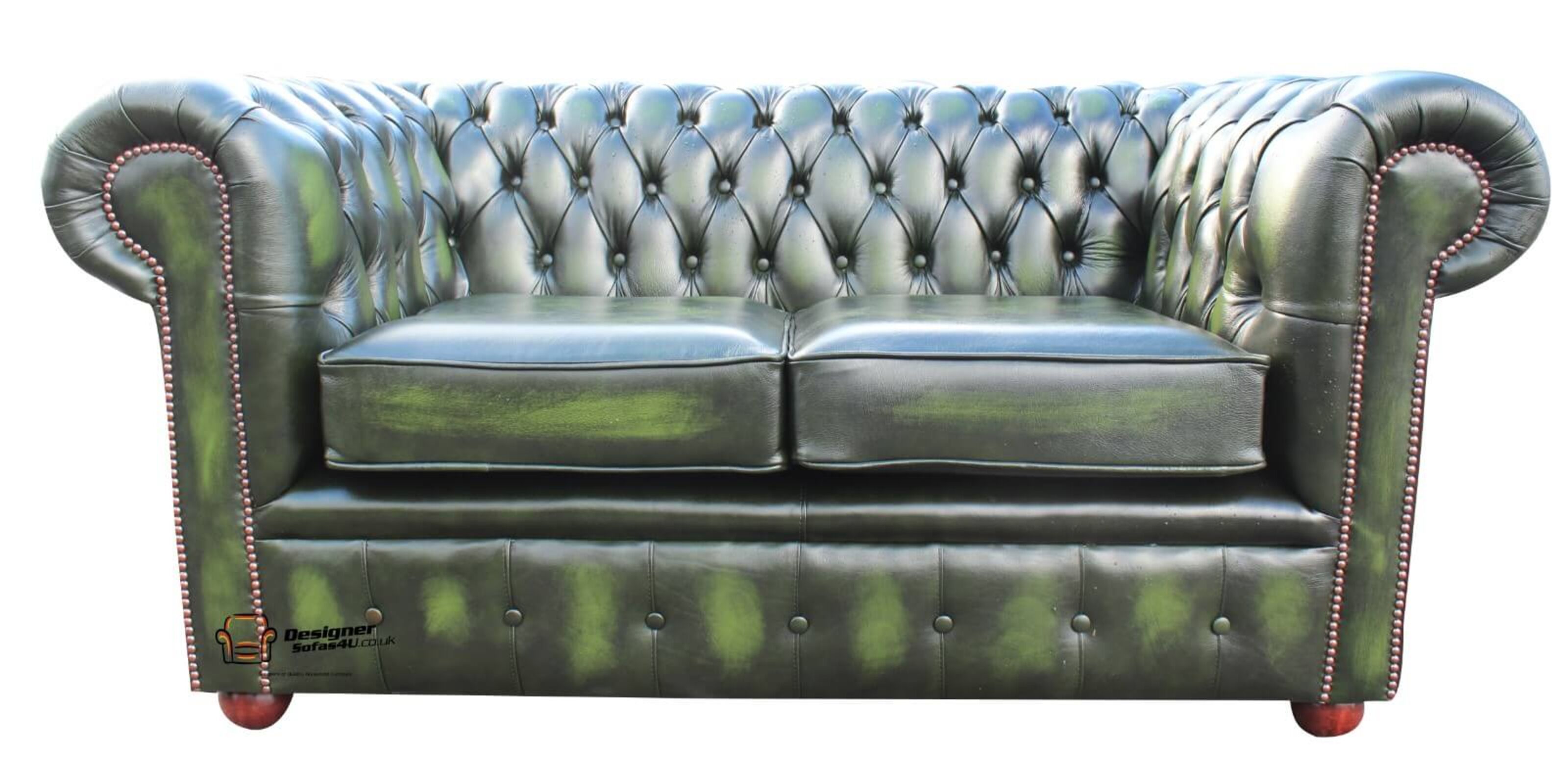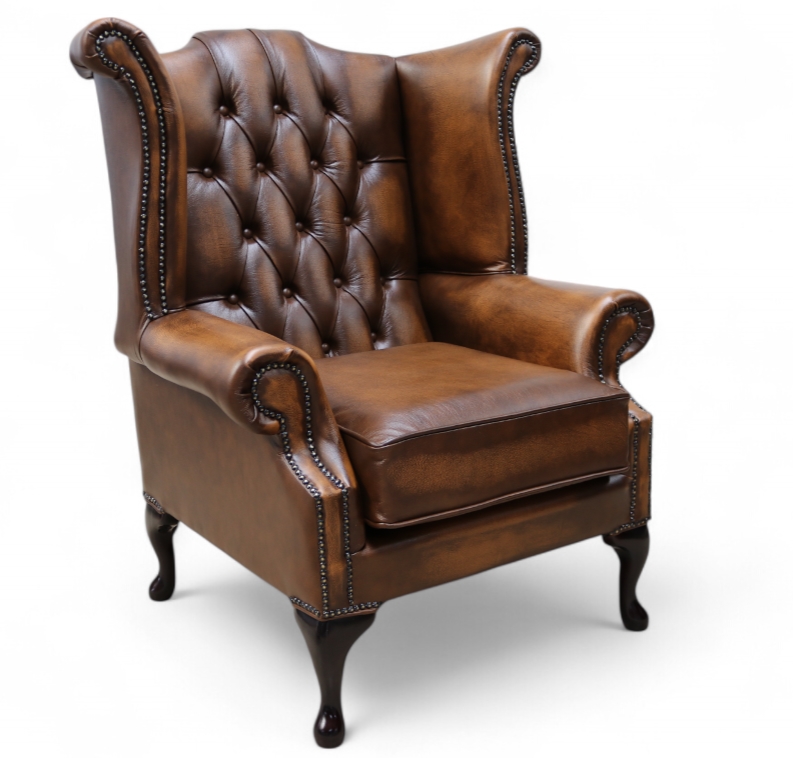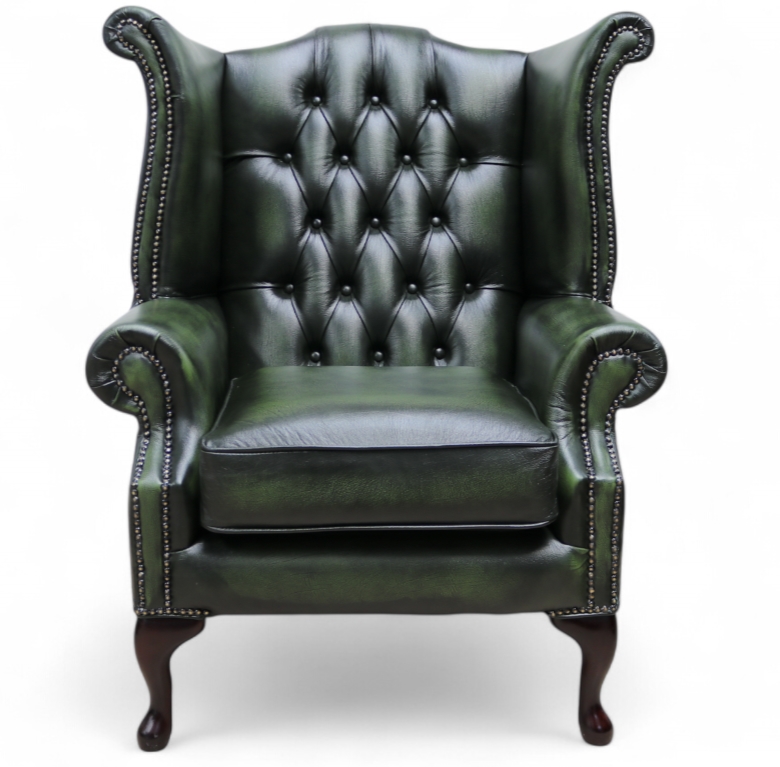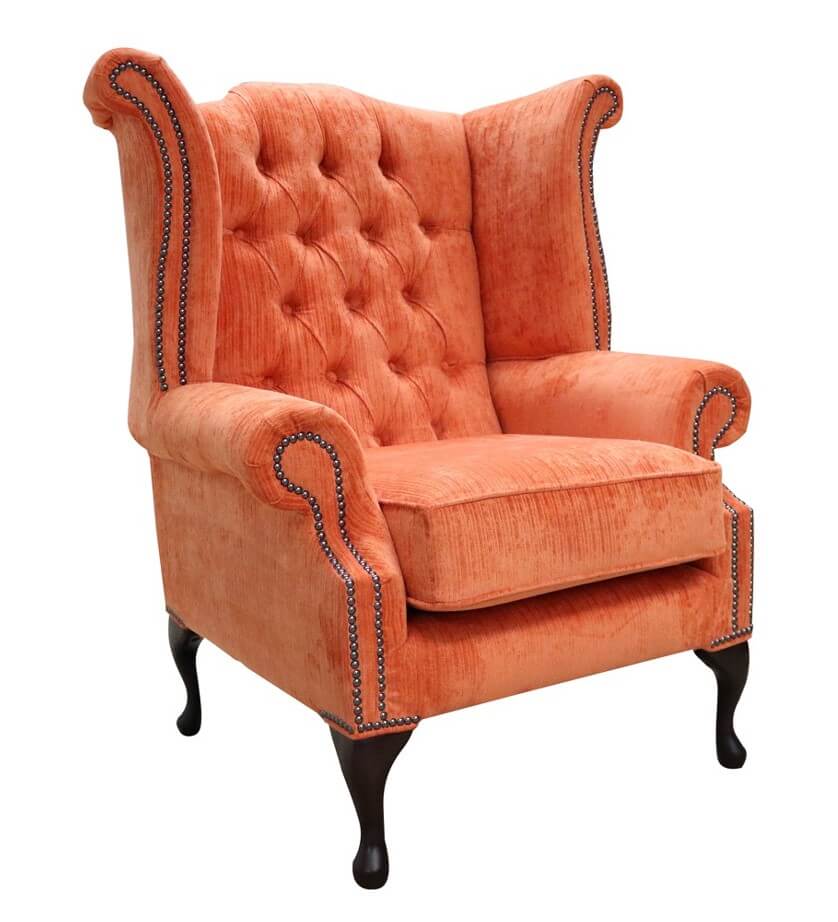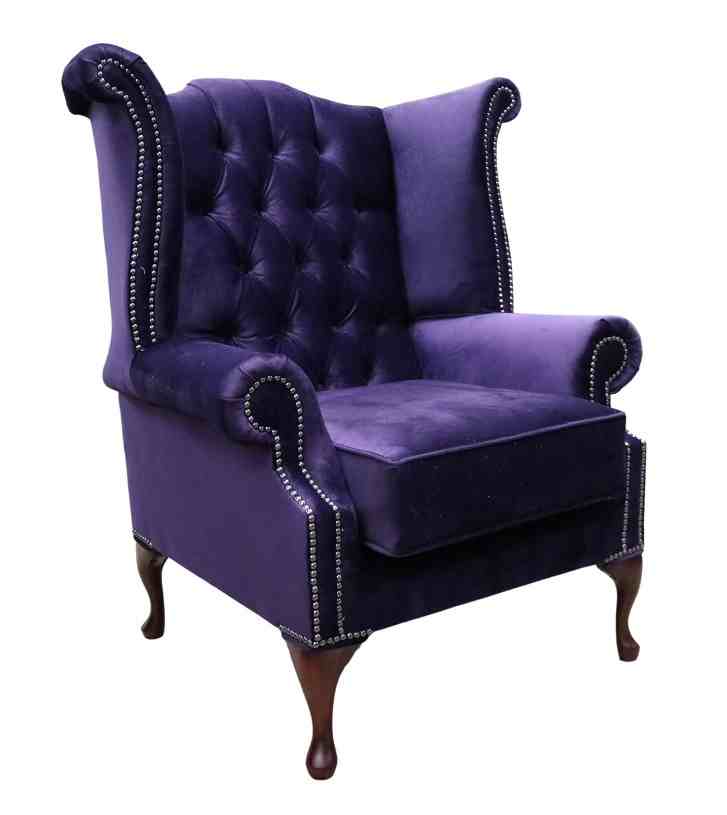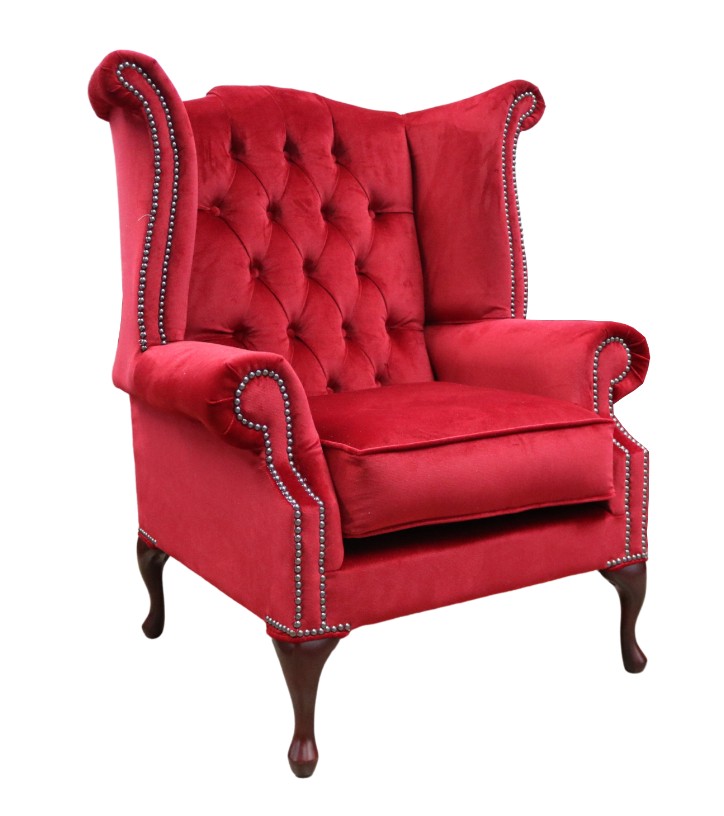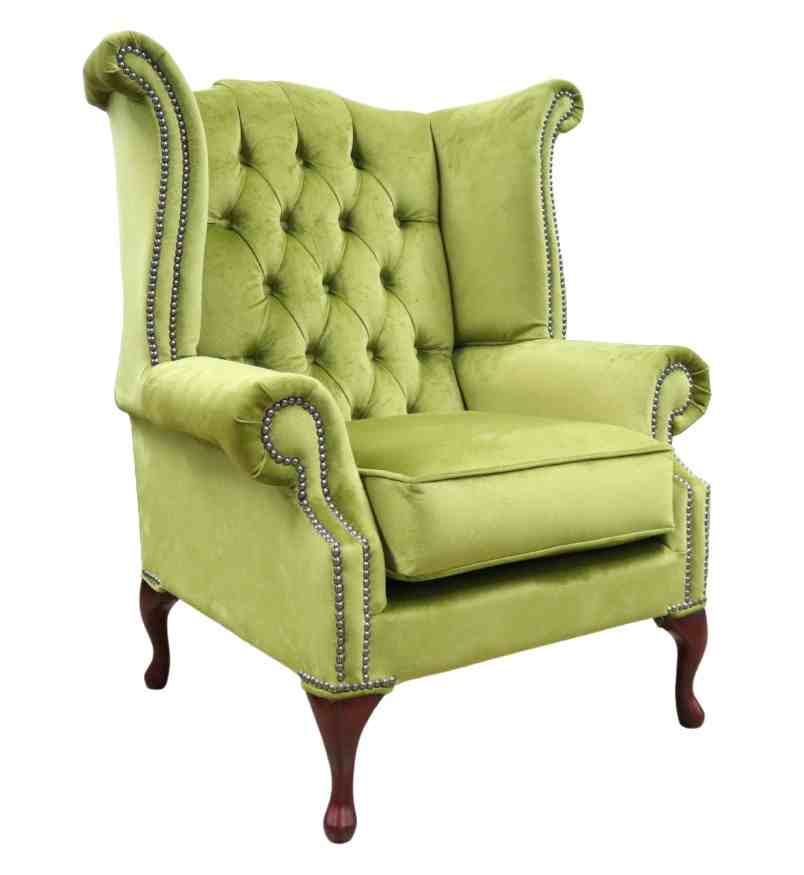Of course they all mean the same today, Chesterfield sofa but understanding where and when the word was introduced in England, allows you to sit back and relax.
The earliest referenced is the Settee, originating from the medieval ‘settle’, a wooden long bench with a straight back and arms.
During the renaissance, the fabric covered Couch was imported from the French. Soon after the Chesterfield was born on our own English soil, although not necessarily from the city of the same name. Chesterfield refers to the upholstered and buttoned form.
With modernism, the Sofa referring to low level seating from the Arabs, reflected the bohemian trend popular throughout the 20th century.
Sofa vs Couch: Differences and Similarities
You’re looking to buy a new sofa—or couch—or perhaps sofa is the correct term? If you’re not sure which word to use, you’re not alone. Many struggle understanding the differences—if any—that exist between the commonly used terms.
Is there a difference between “sofa” and “couch”? From a pragmatic standpoint, there’s little distinction between the terms. However, “sofa” largely possesses a more sophisticated or decorative connotation, whereas “couch” is used for less formal pieces of furniture.
In this guide, we’ll carefully examine the sofa vs couch dilemma, as well as review some comprehensive information regarding sofas. Keep reading to find out more.
Definition and Origin of the Word Sofa
– Definition of Sofa
“Sofa” is defined by Merriam-Webster as “a long upholstered seat usually with a back…” At first glance, this definition may seem indistinguishable from what we understand as a “couch.”
– Etymology
So where does the word “sofa” come from? The term hails from the Arabic word “suffah,” which originally referred to a wooden bench covered in pillows and cushions. Generally, these pieces of furniture were decoratively elaborate as well as functional.
Not surprisingly, then, the word “sofa” still carries a more sophisticated nuance today. In fact, Chesterfield sofa is largely the word of choice to refer to more formal or elegant couches that are used to seat and add a decorative flair to living rooms.
Definition and Origin of the Word Couch
– Definition of couch
The term “couch” is similarly defined by the Cambridge dictionary as “a piece of furniture with a back and usually arms…” As you can see, then, you won’t get very far trying to differentiate the two terms on definition alone.
For this reason, let’s turn again to etymology to shine some light on the word.
– Etymology
The term was first used in Middle English to mean “something to lie down on,” but the roots go even further back to the Old French word “couche,” which meant simply “a bed, lair.”
In this way, it can be said that “couch” carries a less formal and more relaxed connotation, which is likely why it makes appearances in commonplace idioms such as “couch potato.”
It’s for this reason why you won’t find many purists calling their living room furniture a “couch,” even if they have no problem referring to their den furniture with such familiar language.
So, What Is the Difference Between a Sofa and a Couch?
Given this information, the difference between “sofa” and “couch” becomes clearer.
Though the terms are frequently (and acceptably) used interchangeably, there may be times when one word is more appropriate than the other depending on context.
The elaborate seat in your living room may be more appropriately defined as a sofa, for instance, while the comfortable seating down in the man cave may be more accurately regarded as a couch.
But while industry experts largely prefer the word “sofa” over couch, they advise not to take the sofa vs couch debate too seriously, recognizing the interchangeability of the two terms in the common vernacular.
Other Types of Sofa
As we’ve seen, the word Chesterfield sofa commonly refers to the four-seater article of furniture that goes in living rooms.
However, the term is actually quite broad, encompassing a number of sofa types. Let’s take a look at a few of those types to get a better understanding of the word:

